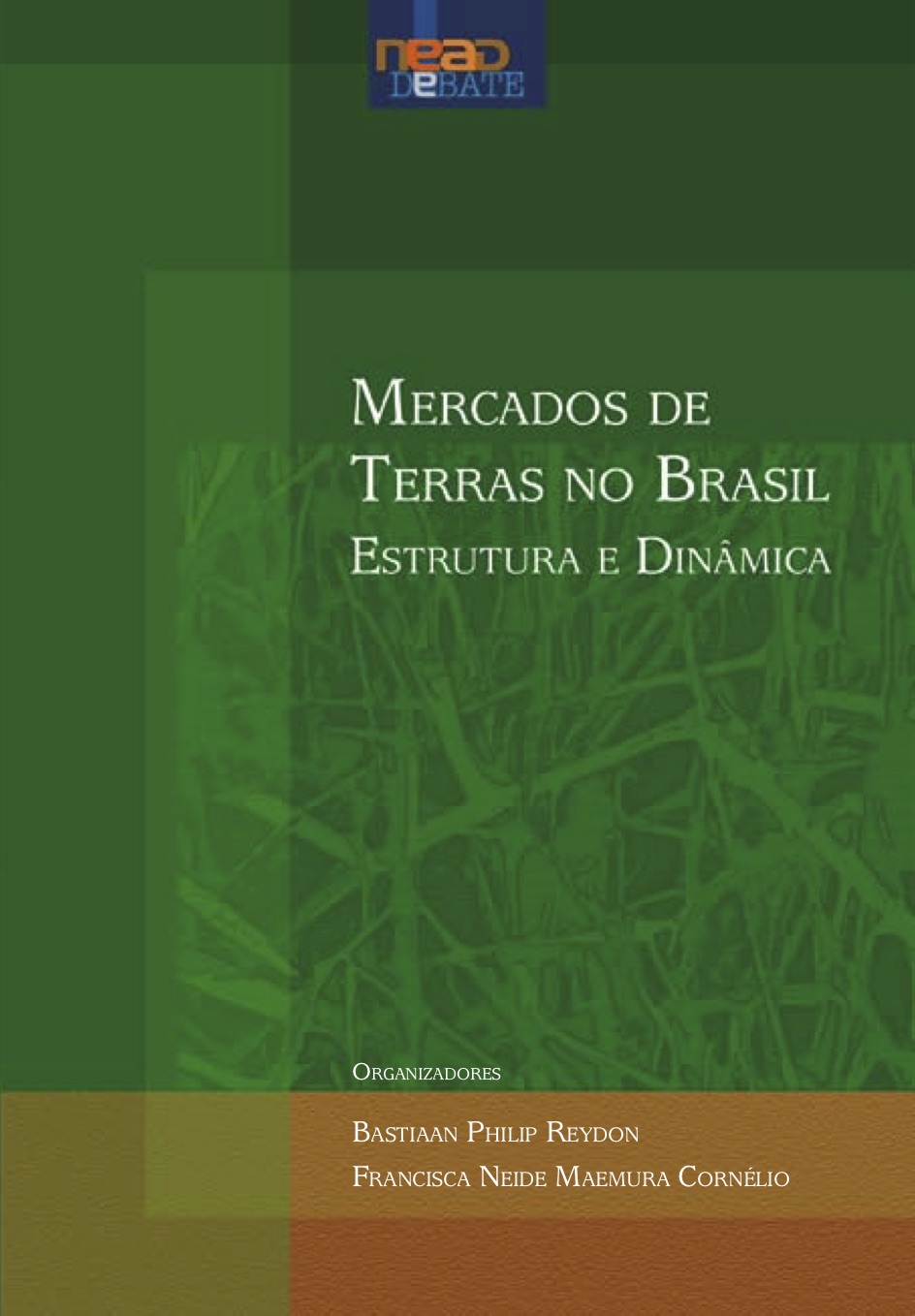La distribución del recurso hídrico como condición de la evolución de las estructuras agrarias argentinas
Se desarrollan aspectos de la diferenciación socioagraria de la Argentina a partir del manejo del agua. Se muestra que la articulación del conocimiento geográfico de las variables ambientales con el análisis de la estructuración social permite desarrollar esta problemática particular y explorar algunas de las consecuencias que la misma tendría actualmente sobre las estructuras agrarias.





